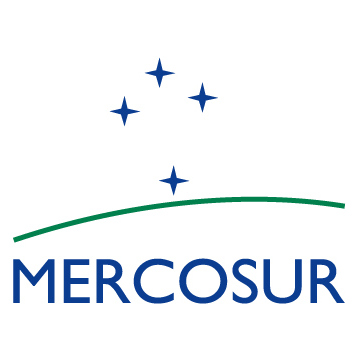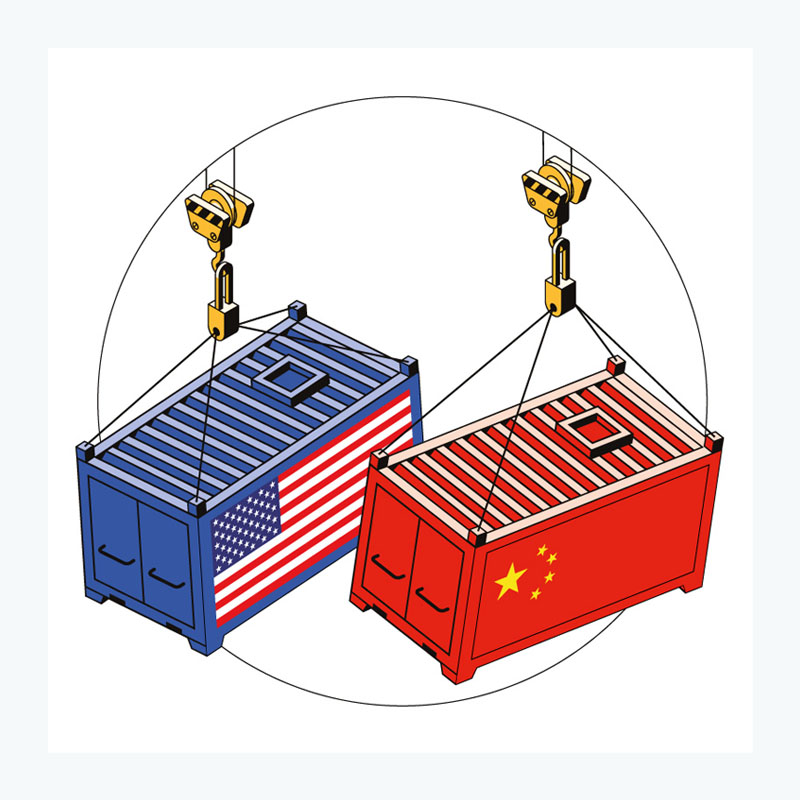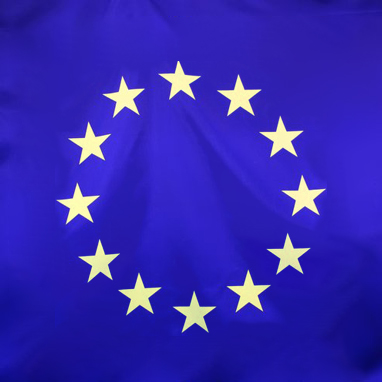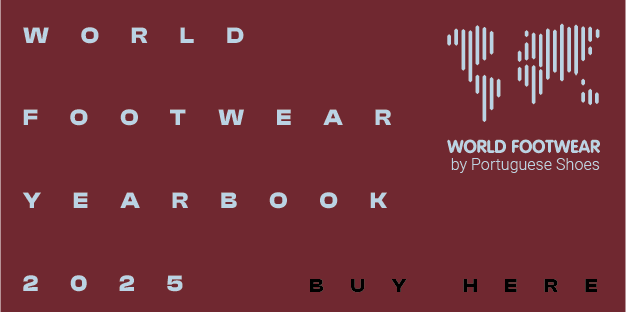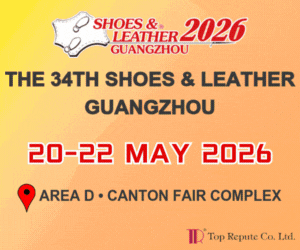CEC: getting close to free access to Mercosur

European footwear companies can start counting down to export their leather shoes to Mercosur countries free of import duties. Luís Onofre, CEC's President, comments the agreement
CEC, the European Confederation of the Footwear Industry, highlighted the importance of the agreement, especially considering access with benefits to the young markets of Mercosur. Upon the entry into force of the agreement, the current 35% customs duty on leather shoes imported to Brazil, for example, will linearly decrease over a 15-year liberalisation period.
Despite CEC’s request for full tariff liberalisation from day one of the agreement, the European Confederation also believes this is the "best outcome for Mercosur and European footwear could reach after more than twenty years of hard negotiations between the EU and Mercosur, a region proud of their footwear industry and very reluctant to open their market".
The removal of tariffs on leather footwear opens a vast array of opportunities for European footwear companies, as according to Eurostat, in 2018 and despite the current high import tariffs, Uruguay and Brazil imported respectively 81 000 and 134 000 pairs of EU-made leather shoes. In order to benefit from this preferential agreement, and for those leather shoes with a customs value above 35 euros, companies will just have to demonstrate that their shoes have not been manufactured with non-EU originating assemblies of uppers affixed to inner soles or to other sole components.
Luis Onofre comments
CEC’s President, Mr. Luis Onofre, explained his content with the deal being finally concluded: “We respect the deal reached. Both parties had to give concessions in favour of the market opportunities that the entry into force will bring. It was hard to get leather shoes inside the agreement, and we are happy for it despite the 15 years’ liberalisation period. In addition, most of the EU leather shoes exported to Mercosur exceed the 40 euros threshold, which means that the rules of origin agreed respond to our industry’s manufacturing practice”. Mr. Onofre concluded: “I really look forward to seeing Mercosur consumers enjoy our wider choice of good quality, finely crafted and high-added value shoes made with passion by European companies. “
Next steps
Before the agreement can enter into force there will be the legal verification and translations of the texts, and the ratification by the European Parliament, Mercosur countries and EU Members States.




